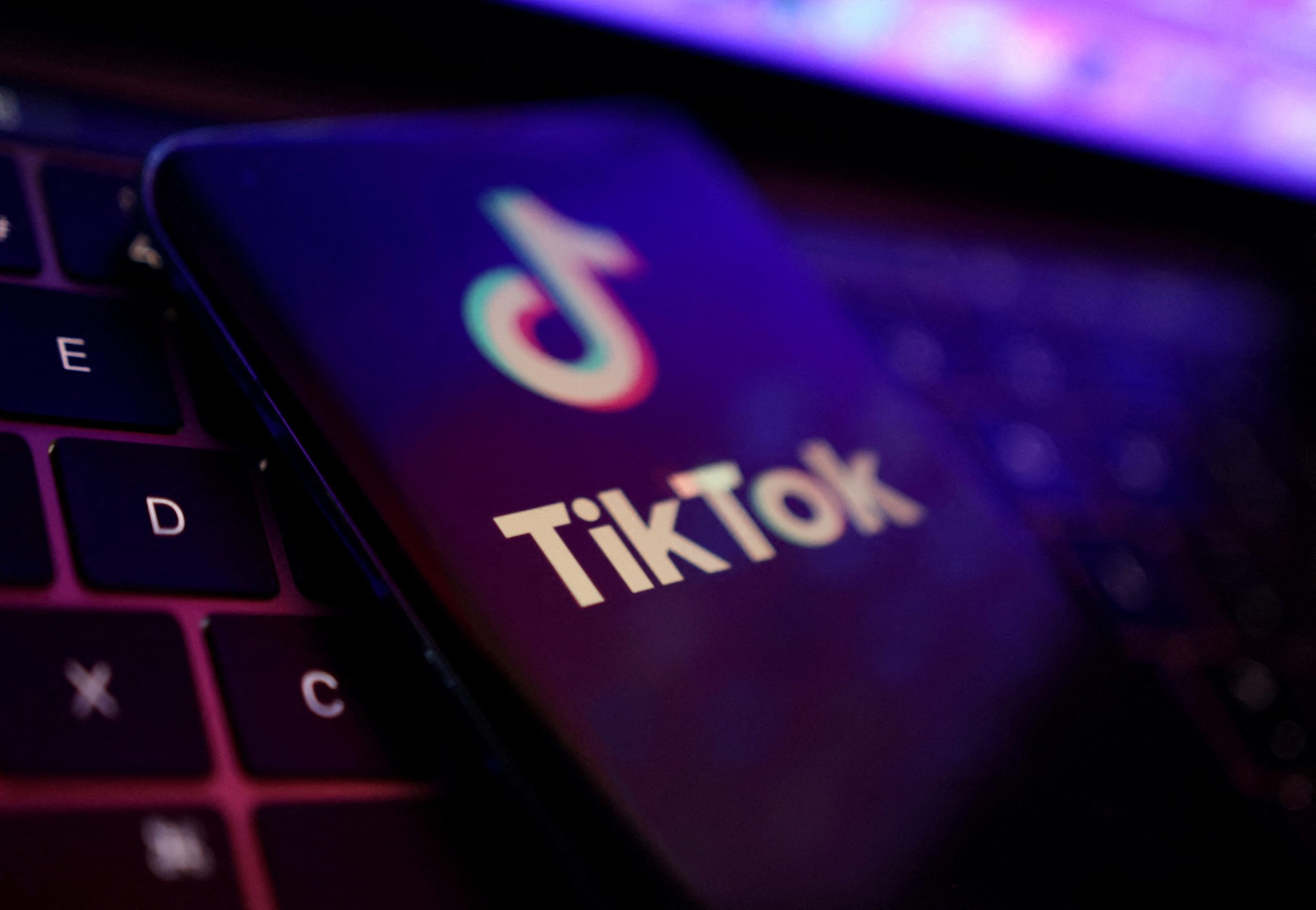
Savannah Hulsey Pointer, FISM News
[elfsight_social_share_buttons id=”1″]
FCC Commissioner Brendan Carr is urging The Council on Foreign Investment in the U.S. (CFIUS) to take action and ban the social media app TikTok due to its potential security risks.
According to a recent interview that Carr granted to Axios, the commissioner believes that the app, which is owned by a Chinese company, poses enough of a risk to Americans that he recommends that the government step in to stop its use. The language Carr used to call for action on TikTok was his strongest to date.
The popular app has more than 200 million downloads in the United States alone and is evolving into a crucial component of the nation’s information infrastructure, making its ownership by a Chinese parent firm a significant national security risk.
Currently, TikTok is in negotiations with CFIUS to determine if it can be divested by Chinese parent company ByteDance and transferred to an American company to remain operational in the United States.
“I don’t believe there is a path forward for anything other than a ban,” he told Axios, adding that there isn’t “a world in which you could come up with sufficient protection on the data that you could have sufficient confidence that it’s not finding its way back into the hands of the CCP.”
TikTok responded to Carr’s call to remove their presence in the United States with a statement to Fox Business, saying that the commissioner doesn’t have any role in their discussions with CFIUS or the regulation of TikTok.
“Commissioner Carr has no role in the confidential discussions with the U.S. government related to TikTok and appears to be expressing views independent of his role as an FCC commissioner,” a TikTok spokesperson said. “We are confident that we are on a path to reaching an agreement with the U.S. government that will satisfy all reasonable national security concerns.”
Carr has voiced concerns about the platform in the past, previously sending letters to Apple and Google in June, asking that the companies remove the app from their stores due to concerns about information flowing to China.
The FCC official isn’t the only one concerned about TikTok, however. Before leaving office, former President Donald Trump was working to make sure that the app didn’t cause security breaches, including potentially removing it from use in the United States.
In a report about the issue, the Brookings Institute broached why the Trump administration was looking to ban both TikTok and WeChat in 2020 before the end of his presidential term.
The executive orders argue TikTok and WeChat should be banned from the U.S. market due to national security concerns. Yet on the surface neither appear to touch on traditional issues of national security, such as access to classified information on weapons or intelligence systems. Instead, the concern is primarily around data security and data privacy. TikTok is a social networking app for sharing short user-produced video clips, popular particularly among teenagers, with an estimated 100 million users in the U.S. and many more around the world. WeChat is a “super app” which includes messaging, social media, and payment platforms; while it is not as popular in the U.S. as TikTok, it is extensively used by the Chinese diaspora to connect with family and friends in China. Like other social networking apps, both TikTok and WeChat collect extensive data on their users, and the core American concern appears to be that the Chinese government will be able to access this data and potentially leverage it for espionage or blackmail. U.S. officials also worry the apps censor political speech and could be used to spread misinformation.
